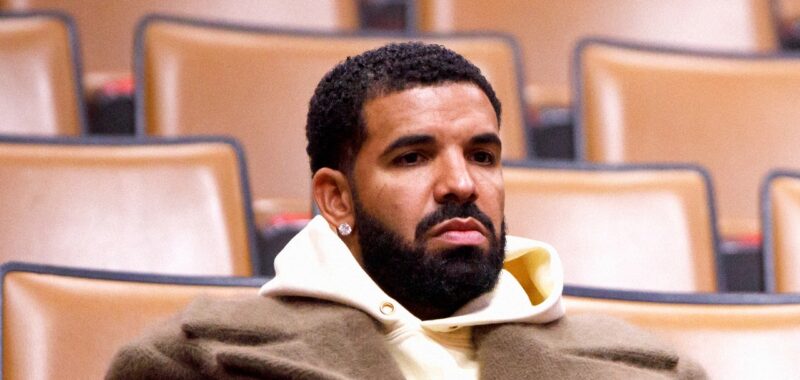Drake and Kendrick Lamar’s ongoing feud already had high marks for being the most technology-fueled rap beef of all time. Dis tracks on Instagram, lyric breakdowns on podcasts, concerts live-streamed on Amazon Prime Video. This week, though, the role technology plays in the dustup hit all new highs (or maybe lows?) via a pair of court filings from Drake, both of them pointing to the importance of streaming music platforms in popular music.
In the first filing, a pre-action petition filed Monday in New York, attorneys for Drake’s company Frozen Moments accused Lamar’s record label Universal Music Group (UMG) of using several methods to increase plays on “Not Like Us,” including allegations that the record company paid Apple to have Siri direct listeners to the track when they requested Certified Loverboy.
Drake’s lawyers wrote that “online sources reported that when users asked Siri to play the album Certified Loverboy by recording artist Aubrey Drake Graham d/b/a Drake, Siri instead played ‘Not Like Us,’ which contains the lyric ‘certified pedophile,’ an allegation against Drake.” It also alleges UMG, which is also Drake’s label, “paid, or approved payments to” Apple to have Siri do this.
In a second filing made in Texas that became public on Tuesday, Drake’s lawyers accused UMG of defamation, claiming the record label could have halted the release of “Not Like Us” or modified it to remove some of its “false” statements about Drake.
Defamation and Siri-souping are just a couple of the claims made in the petitions. They also allege UMG charged Spotify reduced licensing rates in exchange for the streaming service recommending Lamar’s song to listeners. There are also claims UMG used bots to inflate the streaming numbers for “Not Like Us,” which is approaching 1 billion streams on Spotify and was nominated for five Grammys earlier this month.
The first petition seeks “pre-action disclosure” of any evidence UMG or Spotify has regarding these allegations. The second does the same of UMG and iHeartRadio, the radio company Drake’s attorneys claim also participated in a “pay-to-play scheme” to promote “Not Like Us.”
Throughout their beef—which has been escalating since Lamar called out Drake on “Like That” in the spring and seemed all but ended after he dropped “Not Like Us”—both rappers have hurtled haymakers at each other through songs. Allegations regarding domestic violence, hypocrisy, and authenticity have been par for the course. That’s how hip-hop feuds work. But in a war of words that got as heated as Drake and Lamar’s did, to watch it now come to court filings about Spotify streams and Siri suggestions feels both lackluster and the epitome of what happens when rap beefs become so intertwined with technology. Longtime hip-hop fans will always have their opinions about who “won” the beef, but the historical record still counts cold, hard numbers—from Spotify streams to likes on an IG post.

